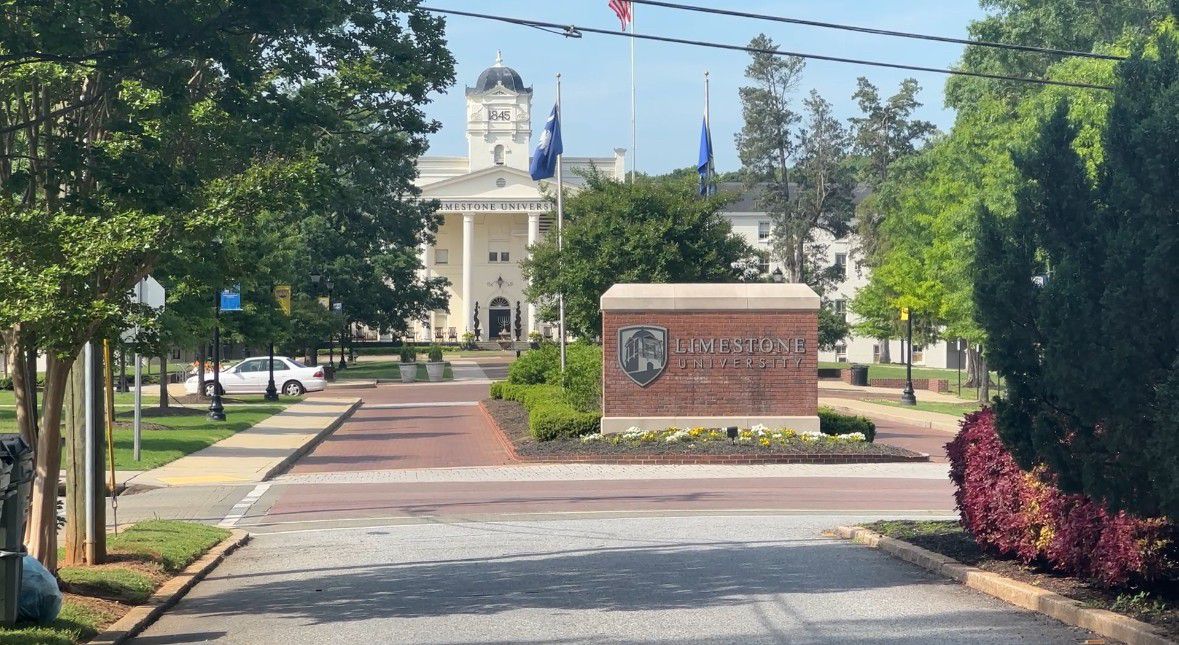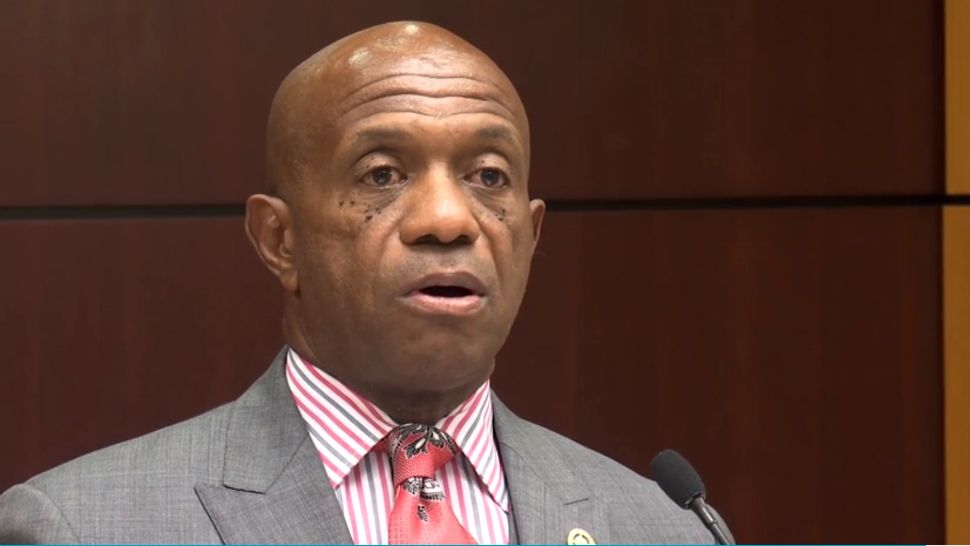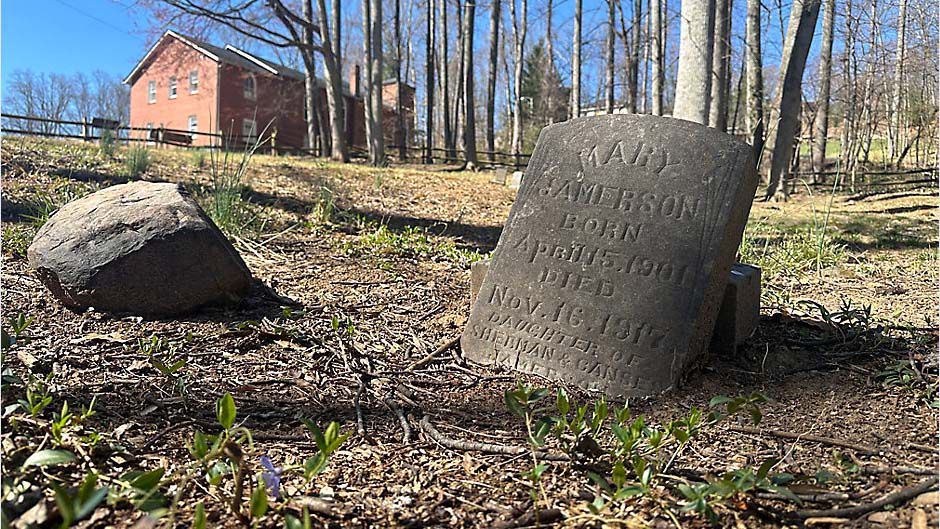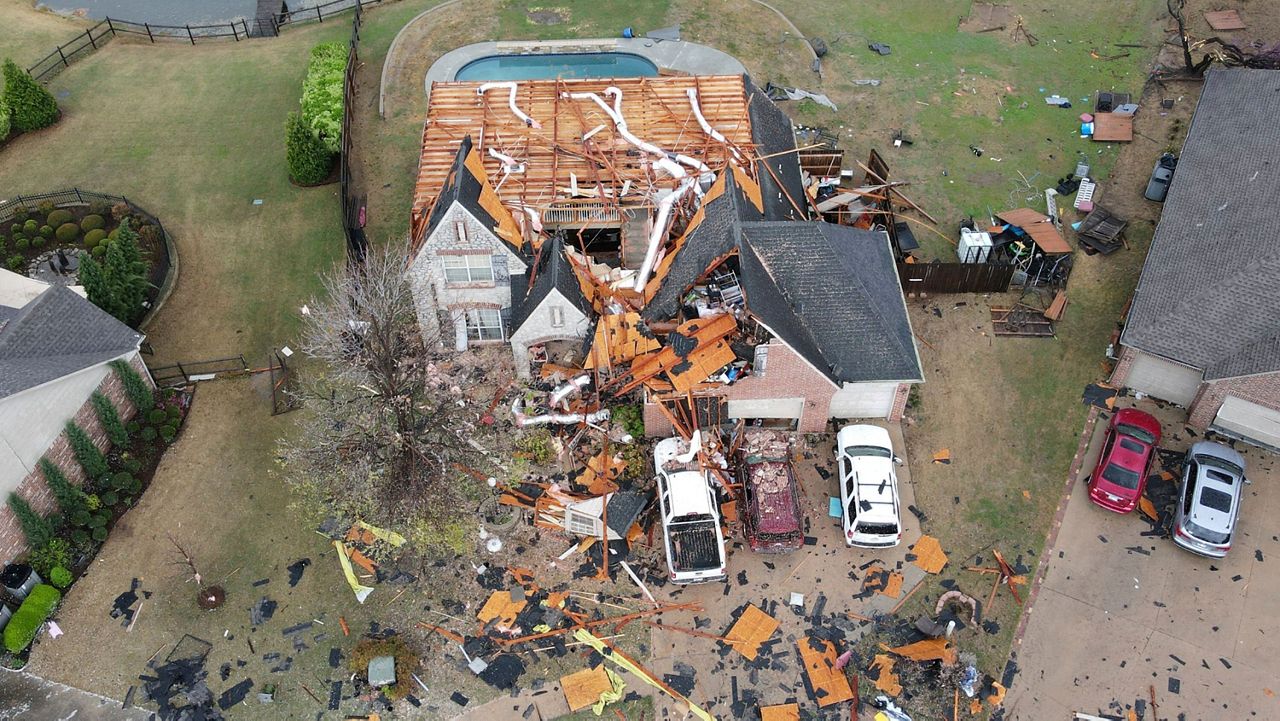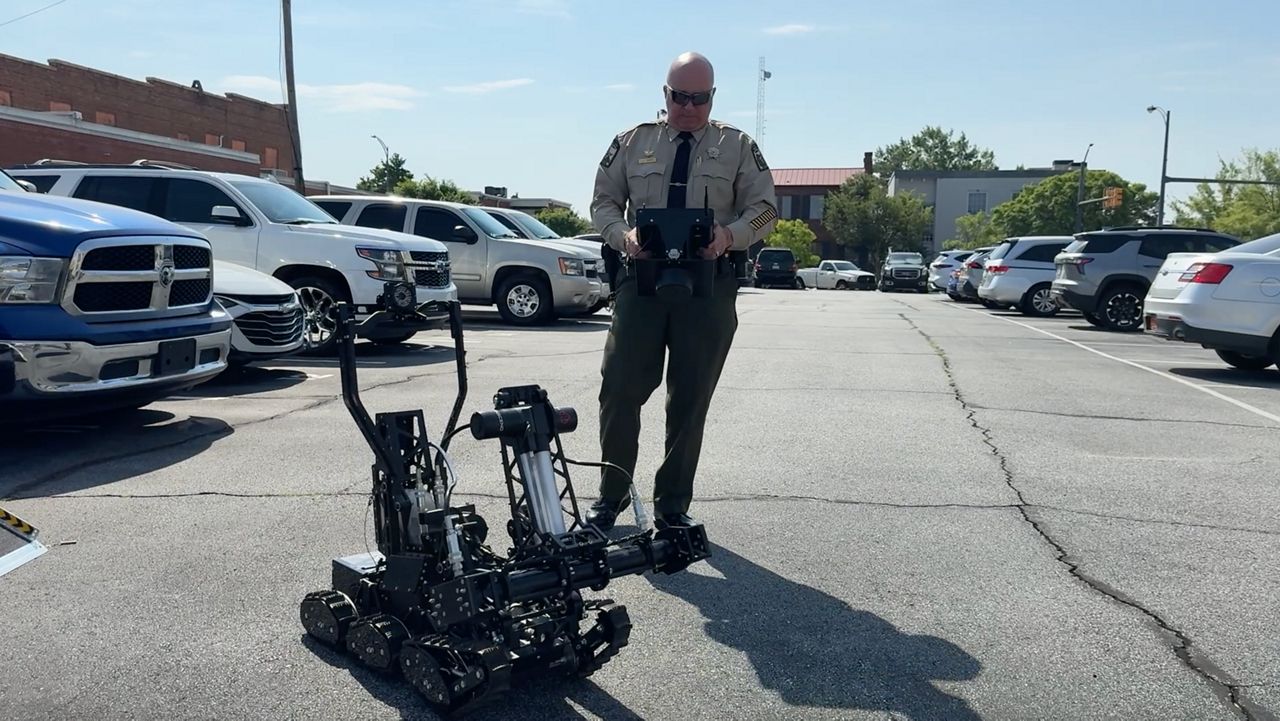CHARLOTTE, N.C. — A team of UNC Charlotte students is working to launch a program, making wakes on campuses statewide.
Davida Ogbar and Nick Maynard are certified emergency medical technicians.
Ogbar, a UNC Charlotte graduate student, was motivated by family members to pursue the medical profession.
“I’m a caregiver of my older sister who has special needs and my mom,” Ogbar said. “I wanted to learn how to support them in emergencies.”
Maynard, a senior majoring in biology, started off his career working as an EMT for the 911 transporting agency in Mecklenburg County.
The pair crossed paths, working together at the Idlewild Fire Department.
“That was about a year and a half ago,” Maynard said. "The [fire agency recently] closed down. We started doing things on campus, expanding this project to the level it's at today."
Ogbar and Maynard are leading the Student EMS Initiative. If approved, student-led volunteers will respond to emergency events on the UNC Charlotte campus.
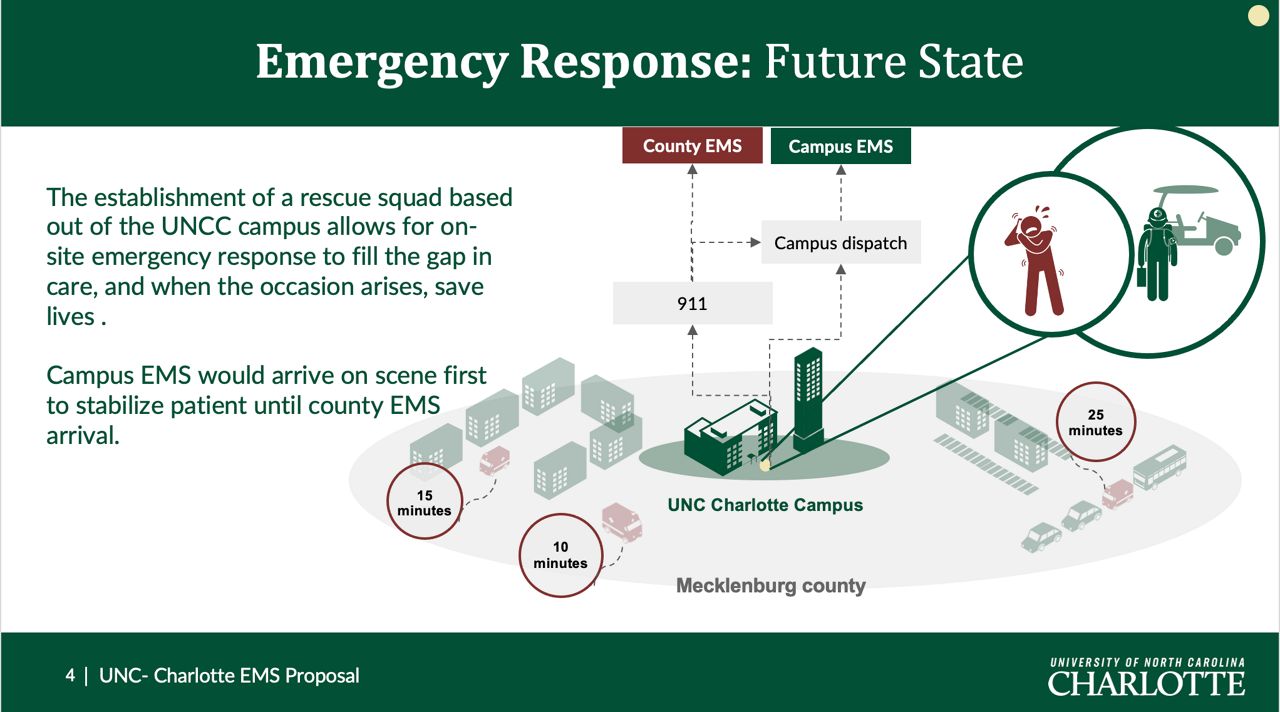
“Everyone who work[s] on our squad would have to be a licensed EMT,” Ogbar said. “They also have a probationary period where they’re shadowing other EMTs. It’s a safe way for them to learn.”
The EMTs have been garnering support through online and in-person petitions, gaining over 500 signatures from people in favor of their efforts.
“We’ve noticed a lot of these signatures are from younger students who are still going to be here for a couple of years,” Ogbar said. “We want this to be a program that outlives us.”
A speedy response team is something the EMTs say is needed on a large-scale campus.
According to the National Collegiate Emergency Medical Services Foundation, student volunteers respond within minutes of a call and provide care tailored to their campus community.
“After 911 is called, campus EMS systems respond 2.6 minutes to the scene, whereas local EMS agencies nationally, on average, take seven minutes,” Maynard said.
UNC Charlotte is a growing campus, serving over 31,000 students. The EMTs feel the enrollment boost speaks to the need of having an EMS service nearby.
“Even if [another agency is] close, that doesn’t mean they’re going to get to the call in a timely manner. Minutes and even seconds count," Maynard said. "Personally speaking, I’ve been to so many calls where we’ve been dispatched, but we arrived too late, and the patient unfortunately is deceased before we got there.”
Several campuses across North Carolina have student-run emergency programs, including UNC-Chapel Hill and Duke University.
“A lot of these programs become legacy of the university," Ogbar said. "People get their doctorates and become professionals in the medical field and come back and mentor the students. We want to see UNC Charlotte have that because it’s a great school.”
Spectrum News 1 reached out to UNC Charlotte to confirm if this EMS Student Initiative is being considered by university leaders. The campus provided this statement:
"The university is awaiting a formal proposal from the group regarding their idea. it would be premature to comment until the proposal has been received and reviewed.” "The university is awaiting a formal proposal from the group regarding their idea. it would be premature to comment until the proposal has been received and reviewed.”
Ogbar and Maynard said they’re expecting to present their plans to university administrative leaders Tuesday.
"Key decision makers,” Maynard said. “We want to show them this operational plan we have can be functional in the fall.”
“We’ve done this leg work, we have these connections, let us trial it in a pilot period and bring you back data. [Look at] how long did it actually take us to get to patients. Those kind of data points we can give back to administrators and continue to improve our program,” Ogbar said.
The students estimate total costs for launching the EMS program to be around $15,000 with yearly updates of about $3,000.
“It’s pretty low-cost, huge benefit,” Ogbar said. “We are basic life support not advanced life support. We’ve showed these numbers to other folks at other campuses who [say this is] how much it costs.”
The EMTs said they’ve also considered different funding models to support the initiative's launch.
“There have been examples of students like us starting it and a donor actually donating so the university didn’t have to pay it. There also have been reallocation of funds and there are fundraising efforts. So, having the university approve it enables us to have that conversation in a strategic way so we can take that load off them,” Ogbar said.
In addition to 911 medical response, the EMS volunteers will also provide campus support where needed.
“Whether that be from staffing events like football games, to doing community outreach like teaching classes such as ‘Stop the Bleed,’ those are some big things that can have wide impacts,” Maynard said.
“We have a big campus. A student can get there because they know this campus. Not only do we want to get experience, but we want to protect our people,” Ogbar said.
Maynard and Ogbar hope to launch the program this fall.







